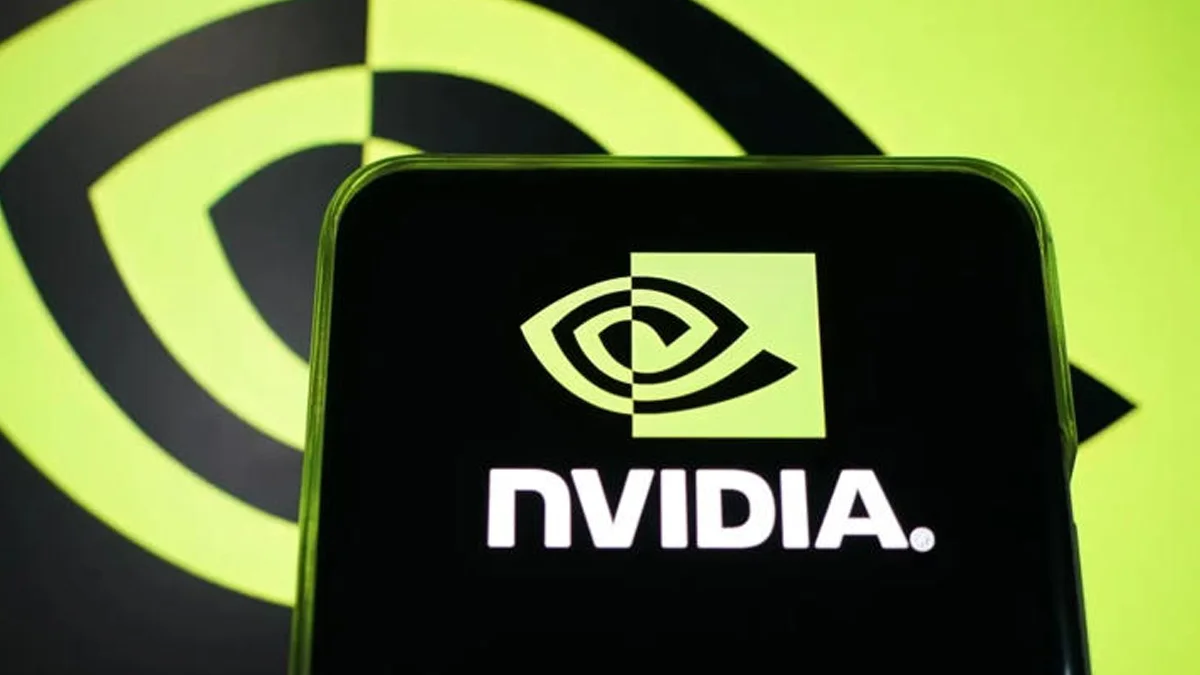Necessary Always Active
Necessary cookies are required to enable the basic features of this site, such as providing secure log-in or adjusting your consent preferences. These cookies do not store any personally identifiable data.
|
||||||
|
||||||
|
||||||
|

NVIDIA has asked contract chip manufacturer, Taiwan Semiconductor Manufacturing Company, to supply 300,000 H20 chipsets. According to Reuters, NVIDIA’s H20 chip order is due to high Chinese demand that has caused the US chip maker to increase its current stock.
NVIDIA’s new H20 chip order for China will push its inventory to about a million chips. Currently, the inventory stands at between 600,000 to 700,000 H20 chips. The US chip company specifically designed H20 semiconductors for the Chinese market following restrictions on other AI chips in 2023.
H20’s computing power is not as high as NVIDIA’s Blackwell or H100 chips that are sold outside China. The US government allowed NVIDIA to resume the sale of H20 chips to China at the beginning of this month. This decision reversed an export ban that had been in force since April as the US sought to keep advanced AI chips out of Chinese reach over national security concerns.
While on a trip to China this month, NVIDIA CEO Jensen Huang said H20 order volume will determine when the company will commence production. Huang estimated that resumption of the supply chain could take up to nine months. Following Huang’s trip, NVIDIA advised customers that its H20 stocks were limited. The company also said that it did not have plans to commence wafer production for the chips.
NVIDIA needs to obtain licenses from the US government to ship the chips to the Chinese market. Despite this commitment, sources close to NVIDIA say that the Department of Commerce in the US has not approved the export licenses yet.
Earlier this month, the company said the government had committed to providing the licences soon. NVIDIA has requested Chinese tech companies that are interested in purchasing its H20 chips to submit new requests alongwith order volume forecasts.
The US government said that the resumption of H20 chip sales in China was a part of its negotiation with Beijing over rare earth magnets. These elements are critical in numerous industries. Beijing had imposed export curbs on rare earth after trade tensions between the US and China escalated in April 2025.
US legislators have condemned President Donald Trump’s administration decision to resume H20 exports to China. The legislators expressed concerns that the move could undermine US efforts to lead in the global AI race. In May this year, a lawmaker in the US announced plans to introduce an NVIDIA chip smuggling bill to facilitate verification of the location of AI semiconductors once they are sold.
Efforts to track US-manufactured chips attracted bipartisan support from members of Congress. The goal was to address rising NVIDIA chip smuggling to China against the provisions of US export control laws.
NVIDIA and other tech companies argue that retaining Chinese interest in American AI chips is critical to maintaining industry leadership. Doing so would ensure that developers don’t shift to competing offerings such as Huawei completely.
At the beginning of this month, Huawei open-sourced two of its AI models under the Pangu series on June 30. Tech experts said the decision to make the models available for modification and redistribution will enable Huawei to expand overseas while building its AI ecosystem.
Prior to the April chip export ban, Chinese tech giants like Alibaba, ByteDance, and Tencent increased their H20 chip orders significantly as they deployed DeepSeek AI models as well as their own. Small AI firms have been leveraging DeepSeek AI models to fuel their growth through AI inferencing. Early this year, DeepSeek sparked widespread market selloff that wiped off hundreds of billions off NVIDIA’s market cap.
Before this, NVIDIA had forecasted huge write-offs and foregone billions in sales revenue, a move that underscored China’s impact on its financial outlook.